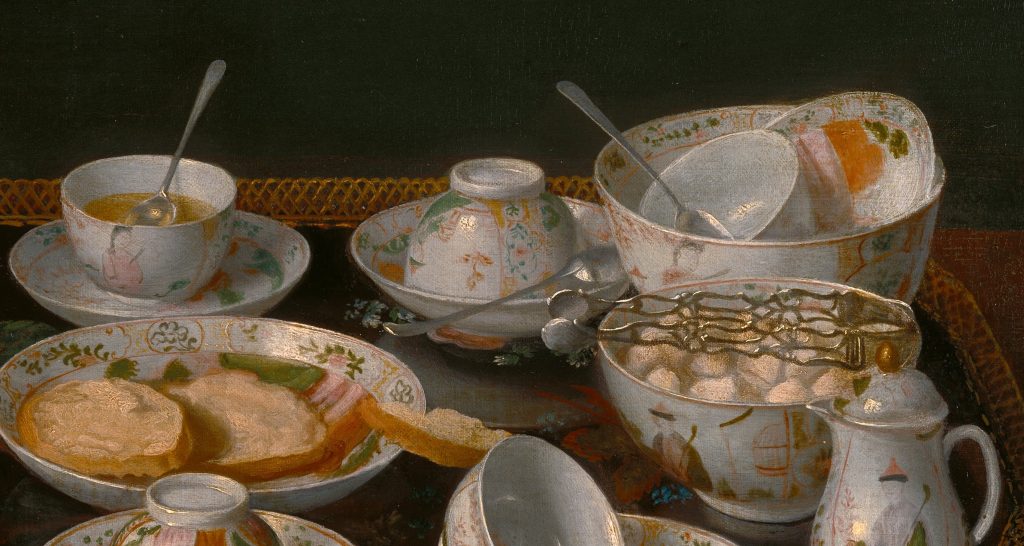The Institute for Liberal Studies publishes an analysis of the sweetened beverage tax by Jan Šincl and Martin Pánek entitled Sugar Tax’s Sour Grapes.
Executive Summary
- The prevalence of obesity is rising globally and poses a significant challenge to the health of individuals and healthcare systems.
- The main factor causing obesity is not sugar. It is a combination of many factors, such as caloric intake and expenditure, exercise, dietary habits, environmental and family influences, and the socioeconomic status of the individual.
- Available data on the prevalence of obesity in the population are problematic and difficult to compare. Using data from other institutions may lead to different conclusions about the severity of the problem. If there is an information asymmetry between the analyst and the legislator, legislation may be enacted that is not needed, or that does not address the problem, or even directly harms certain population groups.
- In an analysis of obesity prevalence in countries where sweetened beverages are taxed and countries where no such tax exists, no significant effect of the tax on the prevalence of obesity in the population was found.
- The analysis also shows that added sugars from soft drinks account for only 3.44% of total daily energy intake in adolescents and 1.61% in adults. We do not consider these values problematic enough to be addressed through taxation.
- PAQ Research’s taxation proposal contains unjustified exemptions for certain beverages, ill-conceived offsets for affected populations, and does not address the specifics of the market. Nor, according to the findings of our analysis, does it address the main objective of the tax, which is to reduce the prevalence of obesity in the population.
- Based on our analysis, we recommend:
- Do not introduce an excise duty on sweetened beverages.
- Develop a comprehensive plan to combat obesity.
- Leave no room for exceptions in the design of any excise tax and do not offset the impact of the tax through transfers.
The full text of the research paper in Czech is available here. This is the first research published under the institute’s new name. The Institute for Liberal Studies was formerly known as the Liberal Institute.
Written by Jan Šincl and Martin Pánek



